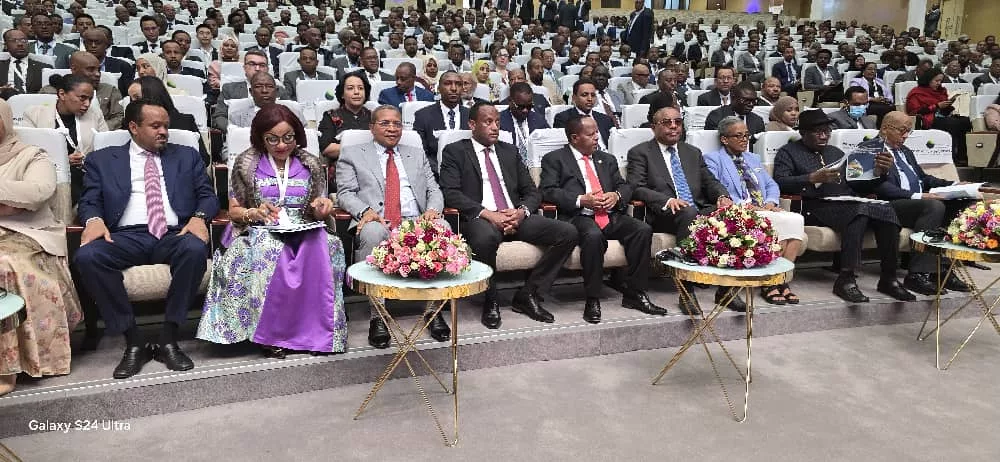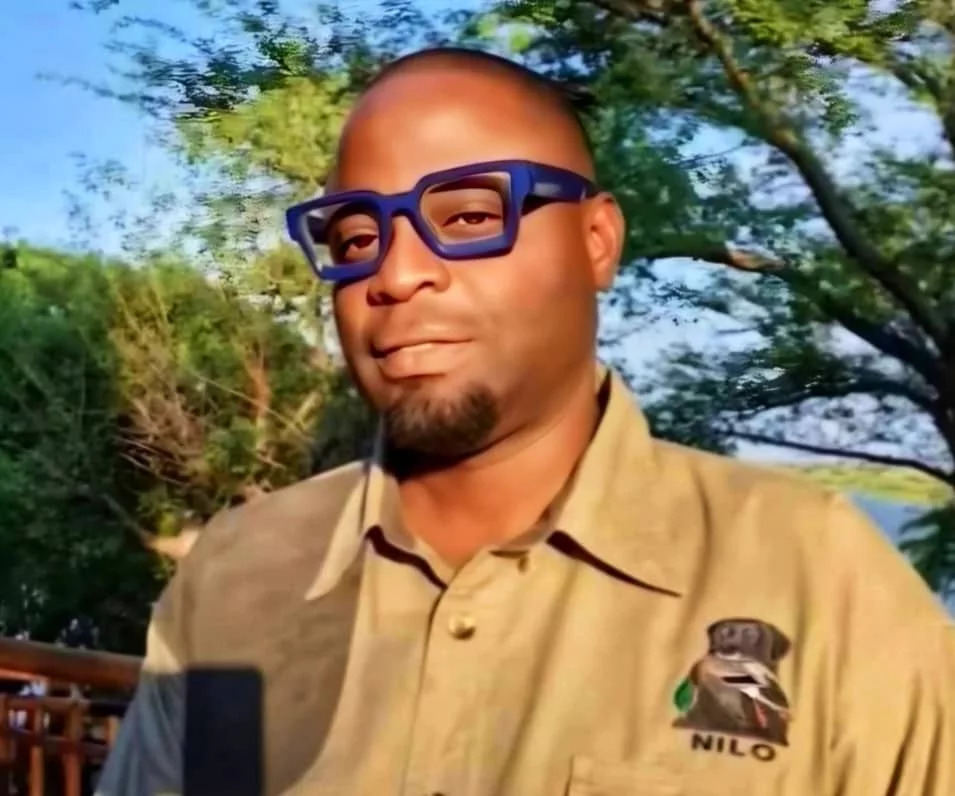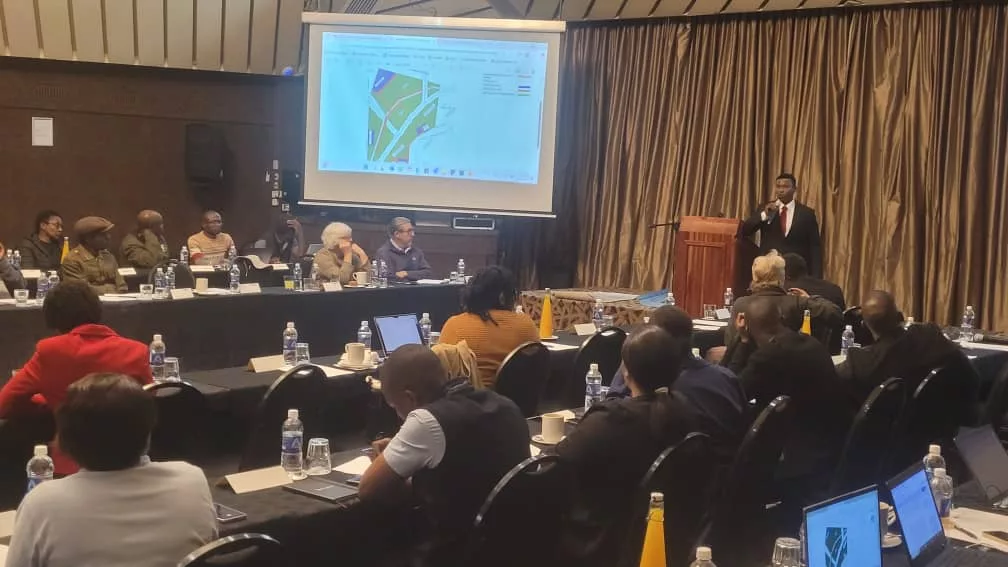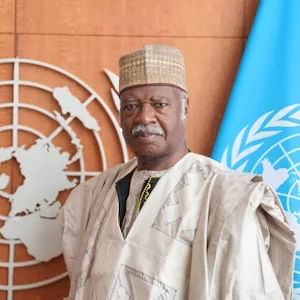|
Getting your Trinity Audio player ready...
|
Commissioner of the African Union’s Department of Agriculture, Rural Development, Blue Economy and Sustainable Environment, Josefa Correia Sacko said in Addis Ababa (Ethiopia) that although agriculture is an important sector, most farmers on the continent practice rainfed agriculture, which is highly vulnerable to climate change.
The Diplomat, who made these remarks at the International Conference on Irrigation and Climate-resilient Production, said that only 6% of arable land in Africa is irrigated, which is extremely low compared to other regions, such as Asia, which has 37% of its land irrigated.
“The agenda of the Comprehensive Africa Agriculture Development Programme (CAADP) of Maputo (2003), Malabo (2014), and Kampala (2025), which was adopted last month, emphatically underlined the importance of irrigation for increasing productivity and intensifying agriculture in Africa,” she said.
She said that in 2020, the African Union developed the Continental Framework for the Development of Irrigation and Agricultural Water Management Practices (IDAWM) to provide typologies, policies, and institutional development pathways for sustainable irrigation options on the continent.
According to her, to date, three Regional Economic Communities (RECs), namely COMESA, EAC, and IGAD, have been helped to develop their own frameworks based on this framework.
In her opinion, to overcome this deficit, it is necessary to adopt the internalization of continental and regional irrigation development requirements in national agricultural investment plans, and align policies to facilitate access for small farmers to irrigation technologies, land, and water rights.
She emphasised that it is also necessary to ensure a strong institutional, infrastructure, and market support system, to develop human capacity in the design and operation of modern irrigation systems that are efficient in terms of costs, energy, and water, and to encourage the sharing of experiences between national irrigation players, especially in small, accessible and ecological projects.






